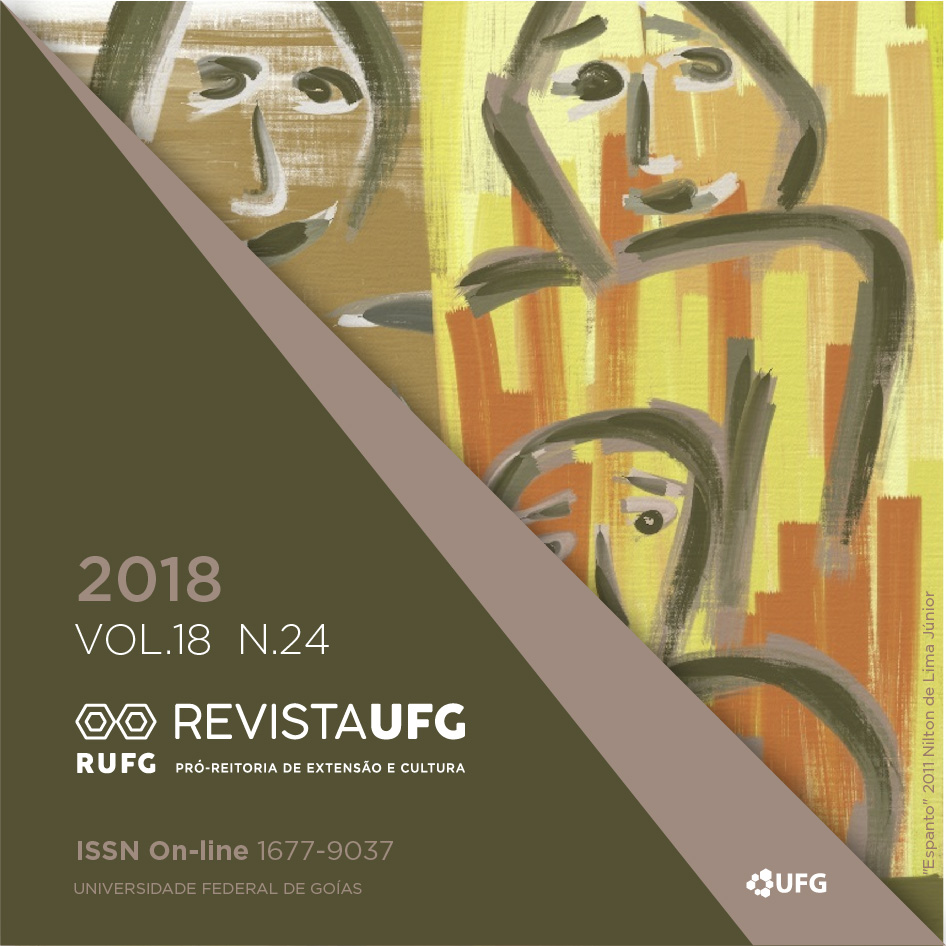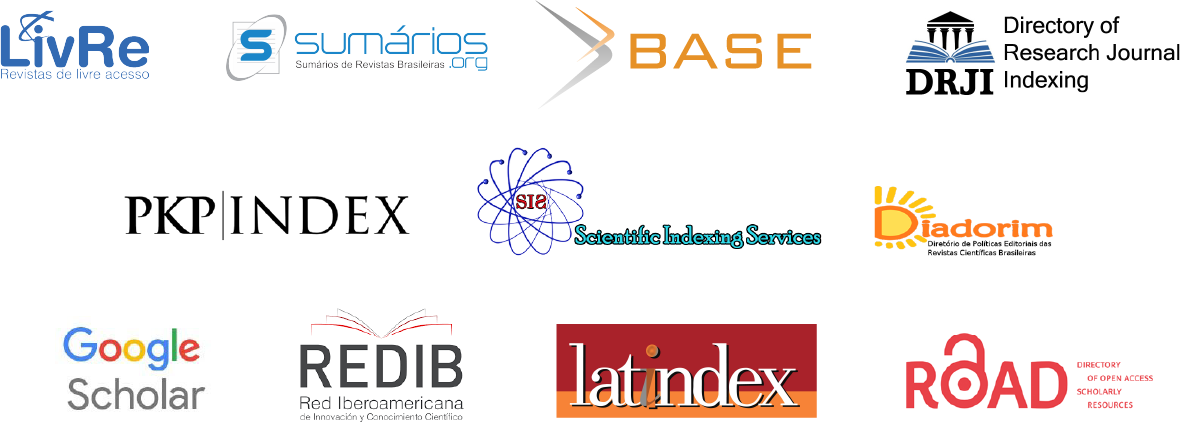Extensão Universitária
Formas De Utilização E Opções Para Descarte De Óleos Comestíveis
DOI:
https://doi.org/10.5216/revufg.v18i24.58610Resumo
O Brasil possui grande diversidade de plantas oleaginosas das quais é possível extrair óleos comestíveis. Esses óleos vegetais são importantes fontes energéticas, sendo constituídos principalmente de glicerídeos, podendo conter pequenas quantidades de fosfolipídios e ácidos graxos livres. O processo de aquecimento durante o preparo dos alimentos provoca degradação oxidativa e modificações físico-químicas nos óleos vegetais, algumas das quais são perceptíveis sensorialmente como o escurecimento, o aumento da viscosidade, a formação de espuma e a fumaça. Durante esse tipo de deterioração, são formados peróxidos e hidroperóxidos, que por sua vez, originam compostos voláteis, como aldeídos, cetonas e ácidos carboxílicos. Essas substâncias passam a fazer parte dos alimentos preparados podendo ser tóxicas e prejudiciais à saúde dos consumidores, consideradas possíveis causas do desenvolvimento de doenças e envelhecimento precoce. O objetivo deste trabalho é orientar a população sobre as formas de consumo de óleos vegetais comestíveis por meio de palestras informativas e aplicação de questionário sócio econômico enfatizando também os efeitos que o descarte incorreto dos mesmos pode causar ao meio ambiente. As palestras informativas aos alunos evidenciaram uma necessidade de orientação sobre uma correta forma de utilização dos óleos comestíveis no preparo cotidiano de alimentos. Com a análise das respostas ao questionário evidenciou-se que a maioria dos entrevistados nos grupos analisados (57 a 90%) aproveitam o óleo residual utilizado no preparo de alimentos para fabricação de sabão; esta é uma solução para o descarte inadequado evitando danos ao meio ambiente.
Downloads
Downloads
Publicado
Como Citar
Edição
Seção
Licença
A Revista UFG utiliza a licença Creative Commons CC-BY (4.0) - Atribuição 4.0 Internacional para periódicos de acesso aberto (Open Archives Initiative - OAI) como base para a transferência de direitos.
Os autores que publicam nesta revista concordam com os seguintes termos:
1) Os autores podem distribuir, remixar, adaptar e desenvolver sua obra, mesmo para fins comerciais, desde que dêem à UFG os devidos créditos pela criação original. Os autores podem copiar e redistribuir o material em qualquer meio ou formato.
2) Os autores são autorizados e incentivados a publicar e distribuir seu trabalho online (por exemplo, em repositórios institucionais ou em sua página pessoal) em qualquer momento antes ou durante o processo editorial, desde que seja feita referência ao local de origem da publicação, ou seja , endereço eletrônico/referência da Revista UFG.
3) Os autores dos trabalhos publicados na Revista UFG são expressamente responsáveis por seu conteúdo.
4) Todos os trabalhos submetidos à Revista UFG que possuam imagens, fotografias, figuras em seu corpo devem vir acompanhados de termo de cessão de direitos autorais do autor, do participante da imagem e, no caso de crianças, dos familiares das crianças expostas, com seus dados e assinatura.
Acesse o documento TERMO DE AUTORIZAÇÃO DE USO DE IMAGEM aqui.










